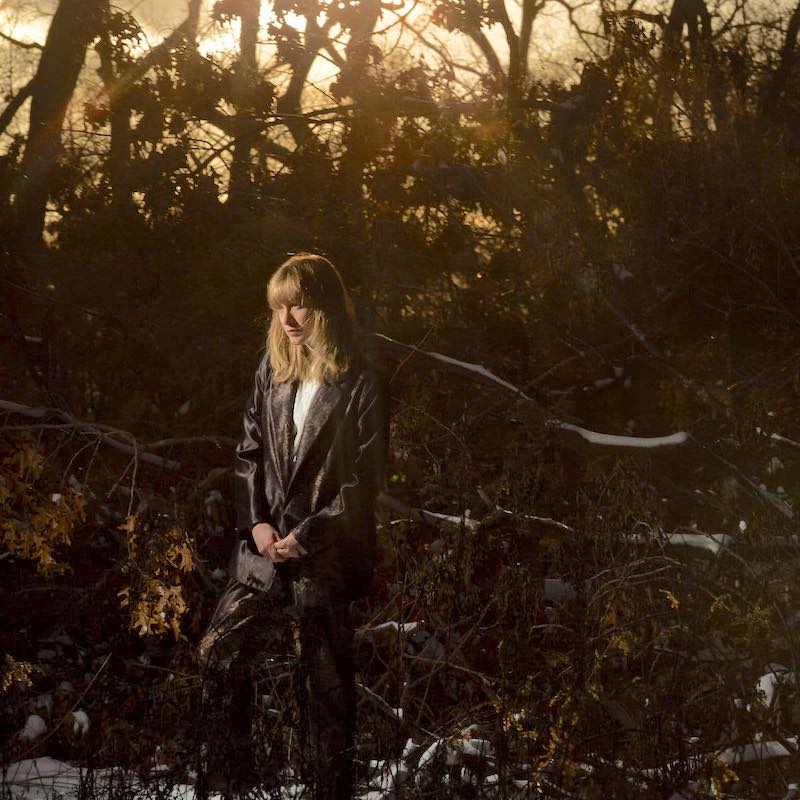The Weather Station’s How Is It That I Should Look At The Stars is an album that is thoughtful, insightful and stunning. Compared to previous albums by the folk-indie artist, this release is more simplistic in which instruments it focuses on, making the lyrics the main attraction.
Unlike All of It Was Mine or The Weather Station, the piano in this album replaces multi-instrumental songs that were previously included such as banjos, fingerpicking acoustic guitars, drums and synths.
Tamara Lindeman’s voice is quieter, more subdued— almost parallel to Linda Perhacs’ feathered voice in “Chimacum Rain.” Staying within folk tradition, Lindeman’s lyrics focus on expansive stories with nature and animal motifs.
“Taught” feels like a piano is slowly trickling in, with Lindeman’s angelic voice taking center stage. This track is dramatic and all-feeling. It’s one of those rare songs that is both deeply emotional and touching, completely enthralling you in its rarity.
“Endless Time” is vocally reminiscent of Fiona Apple and Florence and the Machine. Lyrics such as “Lemons and persimmons in the December rain” are sweet and thoughtful, although sung with deep pain.
“Ignorance” tries to find meaning as it reaches out for an answer. The piano almost thuds with quick sincerity and a flute-like instrument plays in the background. This track lyrically showcases a deep connection to nature and the wrestling of the categorization of animals by human bearers.
“Sway” exemplifies a variance in tone, as the lyrics “I move too” is followed by a higher pitch vocally as well as instrumentally. The song is upbeat, yet ethereal. It is reminiscent of Neko Case’s “Star Witness” in buildup and subtle sound, specifically in how certain vocals are carried out.
Lindeman’s intelligent lyrics and melancholic sound, particularly within this album, mark deeper mysteries not yet finished. Details from the environment are picked up and carried out to meet the listener’s ear. Taking with it, sorrows of earlier times, and earlier lovers.
The original review from Sophie Godarzi appeared in MXDWN
